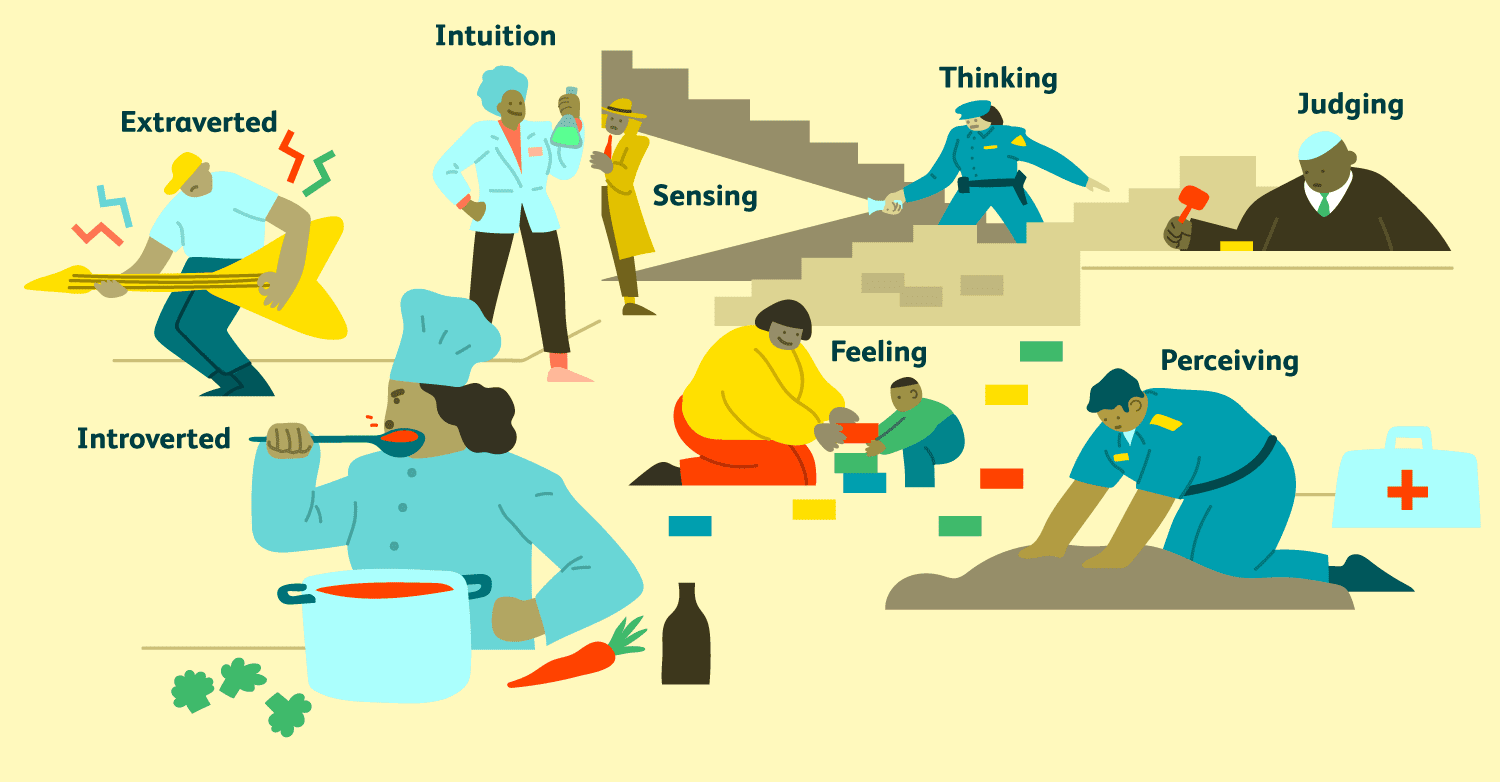
FAQ About Myers-Briggs Personality Type Test

Can I use the Myers-Briggs test to improve my communication skills?
Yes, the Myers-Briggs Type Indicator (MBTI) can be a helpful tool for improving communication skills. By understanding your own MBTI type and the preferences of others, you can adapt your communication style to better connect with different individuals. Here are some ways the MBTI can assist in enhancing communication:
- Understanding Communication Styles: The MBTI provides insights into how people prefer to communicate. For example, extraverts may appreciate more verbal and expressive communication, while introverts may prefer thoughtful and focused discussions. Recognizing these differences helps you adjust your communication approach to meet the needs of others.
- Tailoring Your Message: Each MBTI type has unique preferences for receiving information. For instance, sensing types may prefer concrete details, while intuitive types may appreciate broader concepts. By understanding the preferences of your audience, you can tailor your message to resonate with them and convey information in a way that is most effective for them.
- Active Listening: The MBTI emphasizes the importance of active listening and understanding. By being attentive to others' preferences, you can actively engage in conversations, ask relevant questions, and demonstrate that you value their perspective. This fosters effective communication and helps build rapport with others.
- Flexibility and Adaptability: The MBTI highlights that individuals have different strengths and approaches to communication. By acknowledging these differences and being flexible in your communication style, you can create a more inclusive and collaborative environment. Adapting your approach to suit the needs of others promotes effective communication and reduces misunderstandings.
- Respecting Differences: The MBTI encourages appreciation of diverse communication styles. Understanding that individuals have different preferences can foster respect for alternative viewpoints, encouraging open and constructive dialogue. This mindset promotes a positive communication climate and encourages collaboration.
